#1. The word leucippotomy means…
Did you know?..
In total, there are nine white horses in Wiltshire.
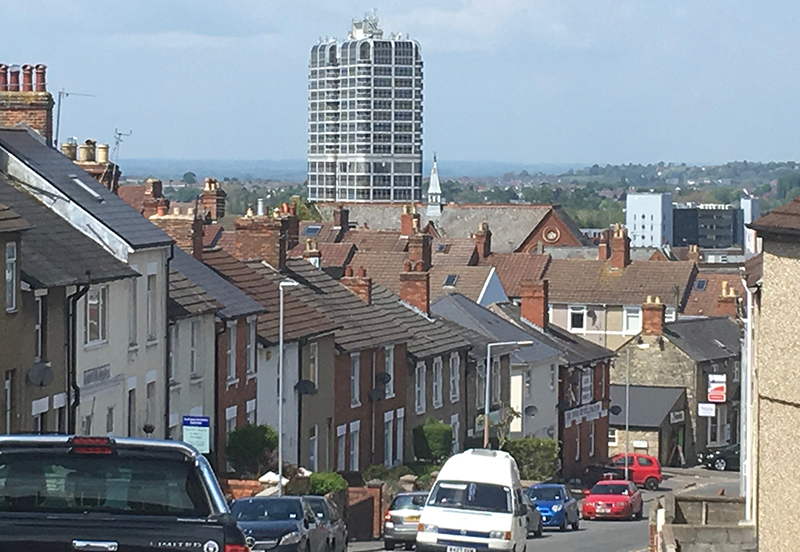
#2. The name of this town in Wiltshire is derived from the words ‘pig hill’, after the herds of pigs that used to graze here.
Swindon is referred to in the 1086 Domesday Book as Suindune, believed to be derived from the Old English words “swine” and “dun” meaning “pig hill” or possibly Sweyn’s hill, Sweyn being a Scandinavian name akin to Sven and English swain, meaning a young man.
Wikipedia
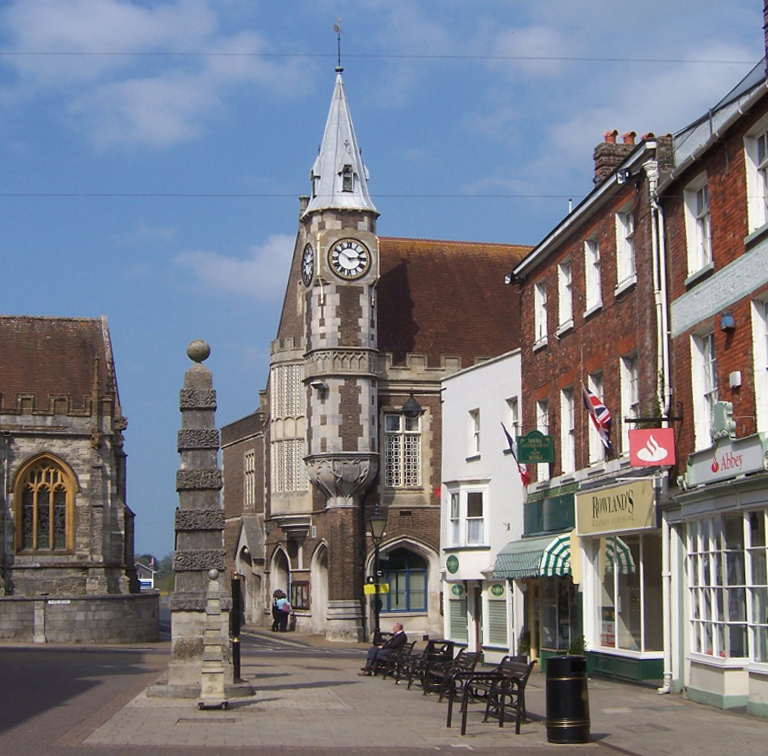
#3. The fictitious town of Casterbridge in Thomas Hardy’s novels is based upon which town in Dorset?
As Casterbridge, Dorchester featured prominently in Hardy’s works. He set many poems here and many of the scenes of Under the Greenwood Tree, The Trumpet Major and Far from the Madding Crowd. Hardy’s 1885 tragic novel The Mayor of Casterbridge, though, is set almost entirely within walking distance of Dorchester’s town center —the marketplace and the Corn Exchange.
https://britishheritage.com/travel/thomas-hardys-casterbridge-dorchester
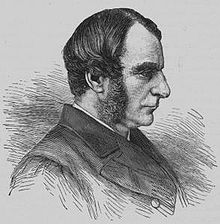
#4. The only place name in England which contains an exclamation mark, Westward Ho! originated from the novel of which Victorian novelist?
Charles Kingsley wrote several historical novels, of which the best known are Hypatia, Hereward the Wake and Westaward Ho!, nut is better known for his children’s novel The Water-Babies.
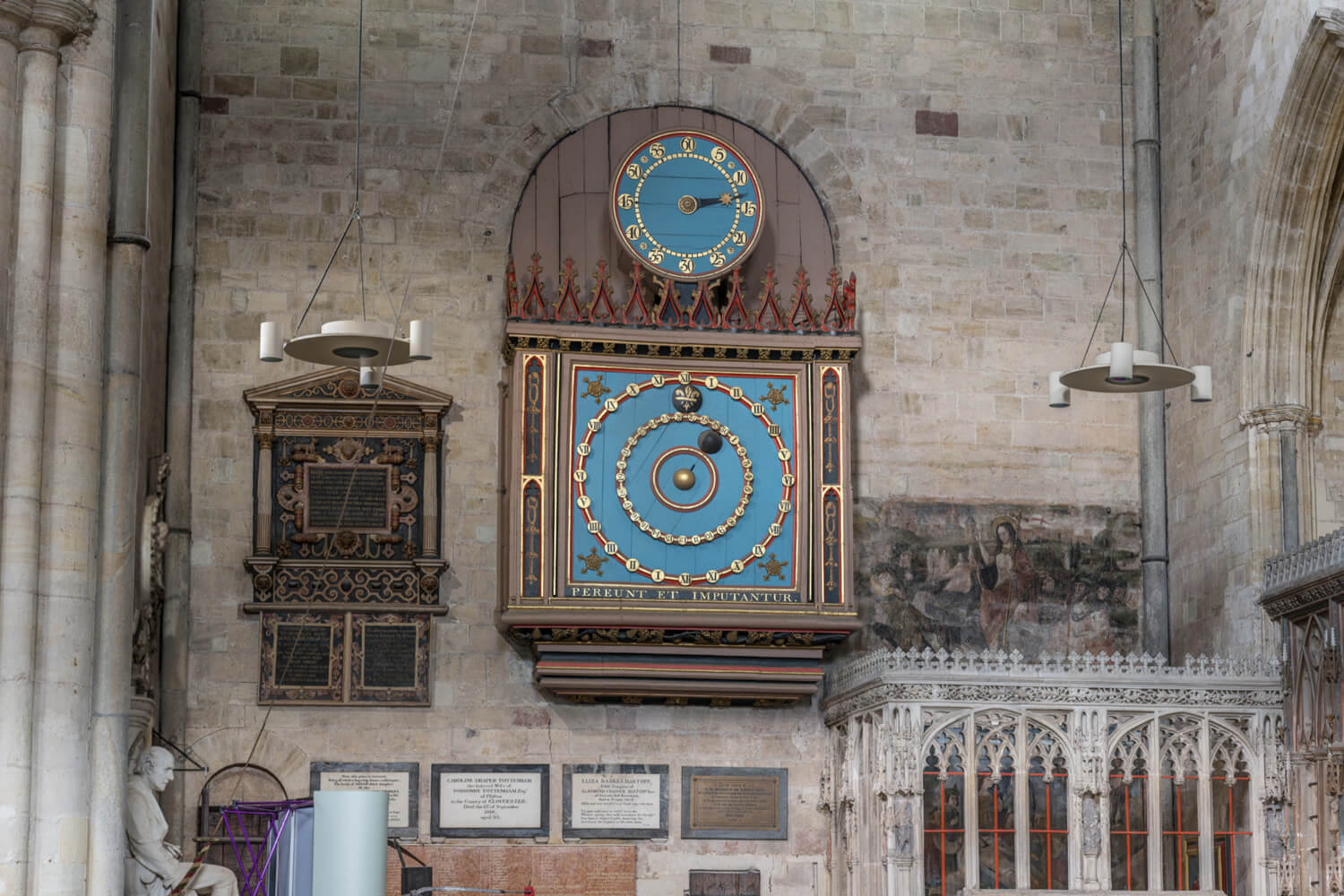
#5. The workings of the Exeter cathedral’s astronomical clock would have been greased with animal fat – particularly appetizing to mice. That is why it is thought that this clock has enspired the nursery rhyme…
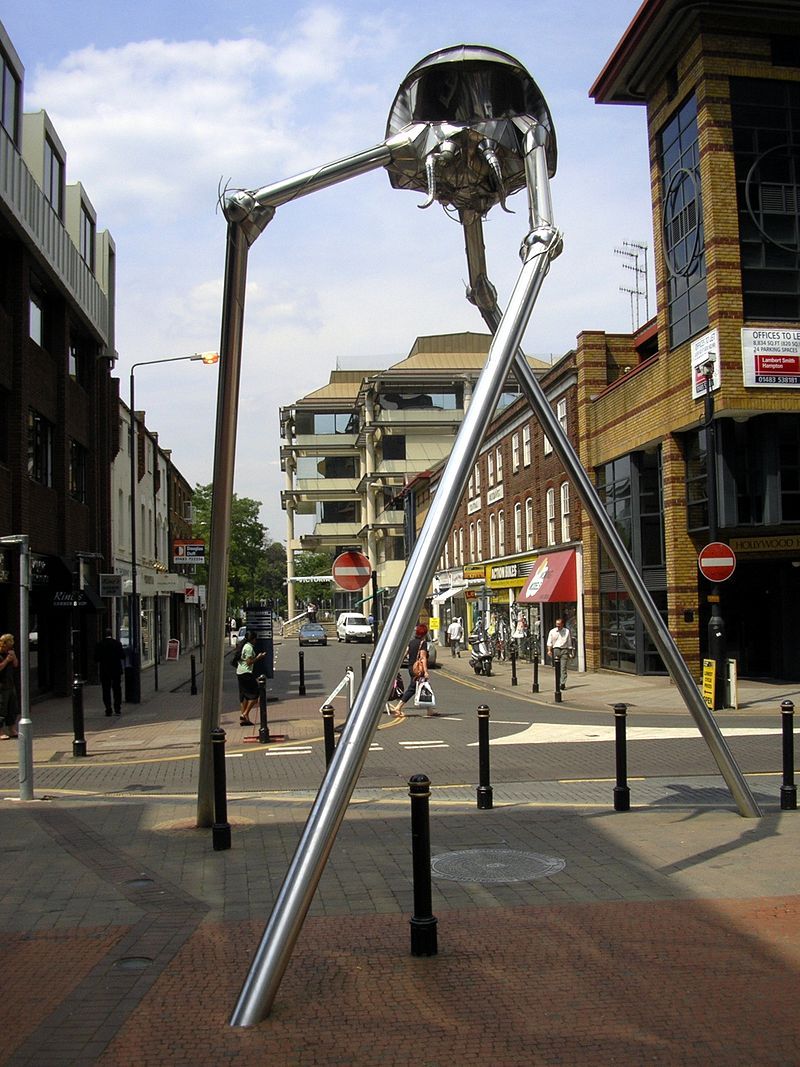
#6. “The War of the Worlds” by H.G. Wells is set in a town in Surrey where he lived at the time of writing it.
Wells wrote in a letter to Elizabeth Healey about his choice of locations: “I’m doing the dearest little serial for Pearson’s new magazine, in which I completely wreck and sack Woking – killing my neighbours in painful and eccentric ways – then proceed via Kingston and Richmond to London, which I sack, selecting South Kensington for feats of peculiar atrocity.”
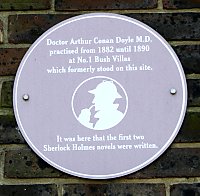
#7. The place in Hampshire where the very first Sherlock Holmes story was written.
Arthur Conan Doyle began his professional career as a GP at No. 1 Bush Villas in the summer of 1882. He had arrived in Portsmouth in the June of that year, from Plymouth, with no job, nowhere to live and little more than £10 to his name.
http://www.memorialsinportsmouth.co.uk/southsea/conan-doyle.htm
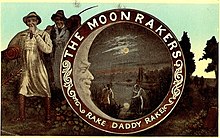
#8. “A native of the county of Wiltshire, in England” is called…
In the 1700s, high taxes on goods such as alcohol caused smuggling activities to increase. One night, some locals were retrieving hogsheads of brandy from the Crammer with large hay rakes when they were spotted by the local exciseman. In an attempt to hide their loot, the men pointed to the reflection of the moon on the pond and said they were trying to rake in the “giant cheese” they’d found. Thinking the men to be confused and drunk, the exciseman left the scene laughing at the locals, who were left free to enjoy the profits of their tales.
https://www.atlasobscura.com/places/
The other options are, apparently, nicknames for folks from other areas.
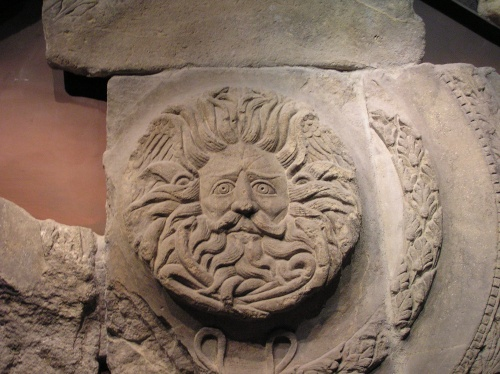
#9. “Aquae Sulis” was the Roman name of which town in Somerset?
The Roman’s polytheistic faith was not averse to merging Celtic gods with their own Roman deities. On discovering the sacred spring at Bath, they renamed it Aquae Sulis – the waters of Sulis – and amalgamated the Celtic goddess Sul with one of their own gods, Minerva. The cross-bred deity Sulis Minerva was born!
http://www.bbc.co.uk/legacies/immig_emig/england/somerset/article_2.shtml
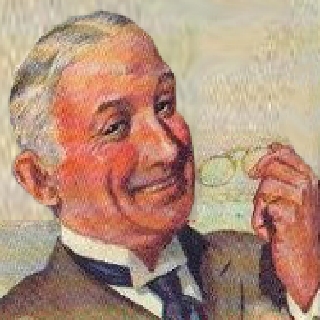
#10. Lord Emsworth, a recurring fictional character in the Blandings Castle series by P.G.Wodehouse, is named after…
Results
Well done!
Try again!



